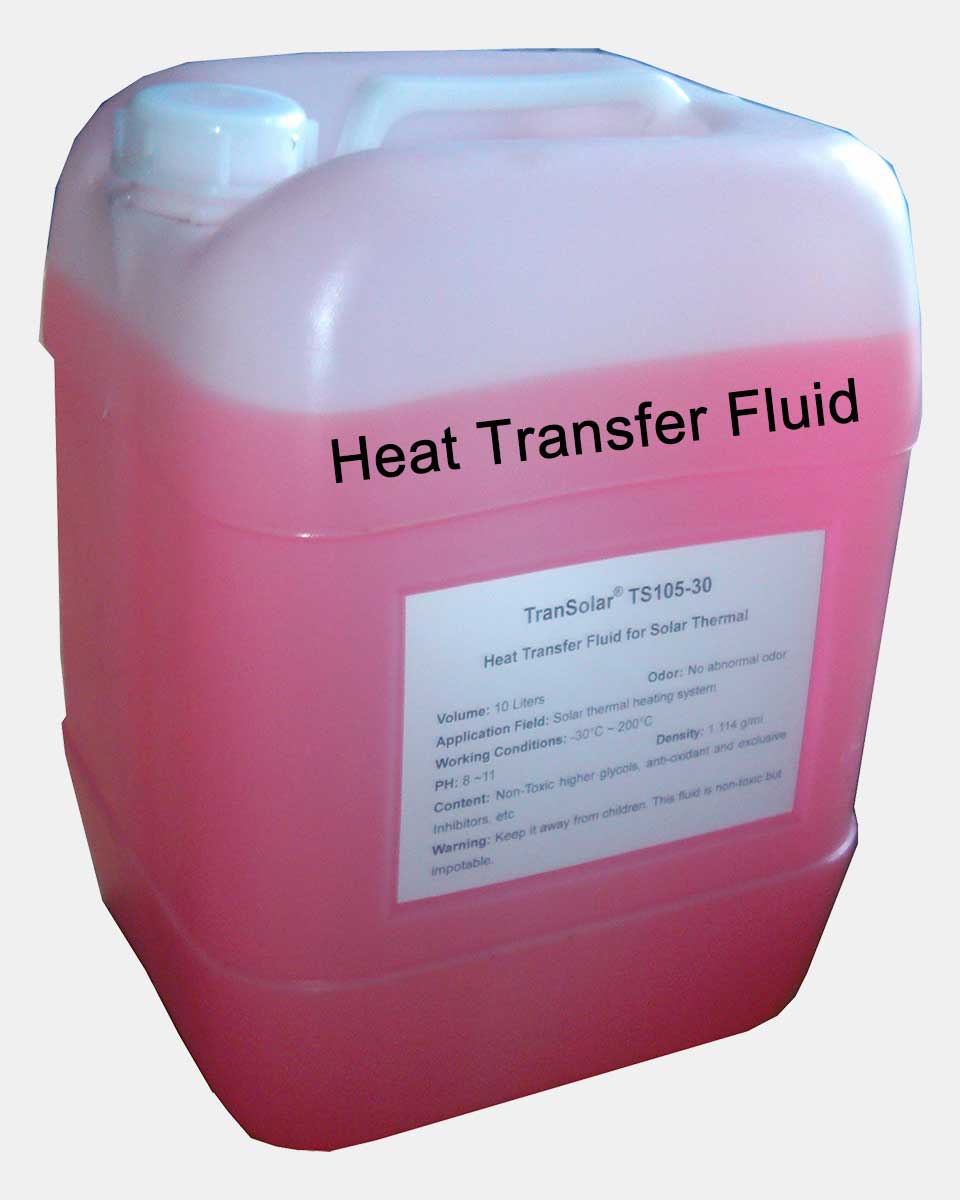The Importance of Thermal Oil in Energy Efficient Systems
The Importance of Thermal Oil in Energy Efficient Systems
Blog Article
Maximize Your System's Life expectancy With the Right Heat Transfer Fluid
Picking the suitable warmth transfer fluid is crucial for enhancing system performance and durability. The appropriate liquid not only improves thermal performance but likewise mitigates potential deterioration on essential components such as pumps and warm exchangers - thermal oil. Comprehending the numerous kinds of heat transfer fluids and the details requirements of your application can substantially affect the overall health and wellness of your system. Yet, several overlook essential variables that could make a significant distinction. What considerations might you be missing that could ultimately impact your system's effectiveness?
Importance of Heat Transfer Fluids

Moreover, heat transfer fluids contribute to the safety and dependability of thermal systems. Furthermore, the appropriate warm transfer fluid can supply security against corrosion and scaling, additional prolonging the lifespan of machinery and facilities.
Kinds Of Heat Transfer Fluids
Different sorts of warm transfer liquids are typically utilized in commercial applications, each customized to certain operational demands and temperature arrays. One of the most prevalent classifications include water, oils, and specialized synthetic liquids.
Water is usually utilized as a result of its exceptional thermal conductivity and accessibility; nevertheless, its limitations arise at high temperatures and prospective freezing conditions. For greater temperature applications, thermal oils, such as mineral oils or organic compounds, are made use of. These oils give superior thermal security and can operate efficiently at raised temperatures, making them ideal for procedures like food processing and petrochemical manufacturing.
Artificial fluids, which can be either natural or inorganic, are designed to fulfill particular performance criteria. They often exhibit improved properties such as reduced toxicity, large temperature varieties, and resistance to oxidation. Examples consist of glycols and esters, which are suitable for specialized applications like solar thermal systems and warm exchangers.
Additionally, refrigerants are used in cooling systems, leveraging their phase adjustment buildings to release and absorb heat efficiently. Each kind of warmth transfer liquid is and offers distinct benefits chosen based on the specific needs of the application, guaranteeing optimal performance and system long life.
Variables to Think About When Choosing
Selecting the suitable warmth transfer fluid involves careful consideration of a number of aspects to make certain optimum performance and system performance. One of the key variables is the temperature level variety required for the system. Fluids differ in their thermal stability and can lose or decompose efficiency outside particular temperature level limitations.
An additional crucial factor to consider is the fluid's viscosity, as it influences pump performance and energy intake. A fluid that is as well thick may hinder blood circulation and rise operational costs. Additionally, the liquid's particular warmth ability plays an essential duty in figuring out how properly it can move heat.
Chemical compatibility with system products is likewise necessary to prevent rust, deterioration, or leakages - dielectric cooling fluid. Making sure that the picked liquid is suitable with the building i thought about this and construction products can lengthen the lifespan of the system

Benefits of Proper Fluid Choice
Appropriate choice of a warm transfer liquid returns considerable advantages for system efficiency and integrity. The ideal fluid enhances thermal conductivity, making certain optimum warmth transfer rates within the system. This efficiency minimizes energy intake, causing reduced operational prices and a reduced environmental footprint.
Additionally, proper liquid option adds to system longevity by preventing deterioration and deterioration of parts. Fluids formulated with rust inhibitors safeguard steel surface areas, consequently extending the lifespan of pumps, pipes, and warmth exchangers. Additionally, picking a liquid with appropriate thickness guarantees effective circulation, which is vital for keeping consistent temperature level circulation throughout the system.
One more vital benefit is the fluid's thermal security. A stable heat transfer fluid can run over a large temperature variety without damaging down or losing effectiveness, which is important for systems exposed to rising and fall thermal problems. The ideal liquid can also minimize risks related to freezing or boiling, therefore preventing operational interruptions.
Upkeep Tips for Longevity
Making sure the long life of a warm transfer system requires attentive maintenance techniques that match the advantages of proper fluid choice. Regular inspections are vital to recognize possible leakages, rust, or sediment build-up that could jeopardize system performance. Develop a regular timetable to evaluate pipe stability, links, and fittings, as these locations are frequently susceptible to tear and wear.

Keeping track of fluid levels and top quality is similarly crucial. Routinely inspect for indicators of contamination, such as staining or particulate matter, which can show deterioration of the warm transfer fluid. Carrying out regular liquid analysis can give insights right into its chemical properties, allowing for timely replacements when required.
Additionally, preserving optimal operating temperatures is crucial. Motivate using temperature level controls and sensors to prevent overheating, which can accelerate liquid destruction and damage system elements.
Lastly, always This Site follow the manufacturer's standards regarding liquid replacement intervals and upkeep procedures. By committing to these finest practices, you can substantially improve the operational lifespan of your heat transfer system, ensuring trustworthy efficiency and check that minimizing the need for costly repair work or early replacements.
Conclusion
In verdict, the selection of an ideal heat transfer fluid is essential for enhancing system efficiency and longevity. By comprehending the various kinds of fluids and considering key variables such as thermal conductivity and corrosion resistance, ideal efficiency can be achieved.
Warmth transfer liquids play an essential duty in different industrial and commercial applications by assisting in the efficient transfer of warm between surfaces.Furthermore, warmth transfer liquids contribute to the safety and dependability of thermal systems. Furthermore, the liquid's specific warm capacity plays an essential duty in determining just how properly it can move warm.
The best fluid boosts thermal conductivity, ensuring optimum warm transfer rates within the system. A stable warm transfer liquid can run over a vast temperature level array without breaking down or losing efficiency, which is necessary for systems exposed to varying thermal conditions.
Report this page